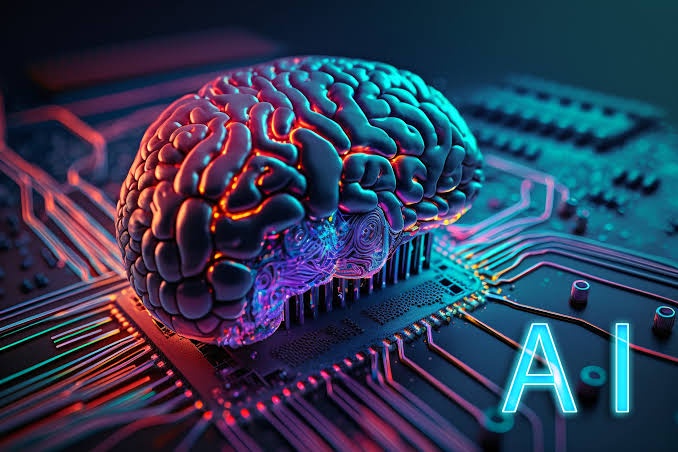ARTIFICIAL INTELLIGENCE APPLICATION AND ADVANCEMENTS
Introduction:
Artificial Intelligence (AI) has rapidly transformed from a futuristic concept to a pervasive force in our daily lives. This article explores the diverse applications of AI, it provides us with full information on every level.
Applications of AI:
1. Healthcare: AI-powered medical imaging systems assist doctors in diagnosing diseases such as cancer more accurately and efficiently than ever before.
2. Finance: AI algorithms analyze vast amounts of financial data to detect fraud, optimize investment strategies, and automate trading.
3. Transportation: Self-driving cars equipped with AI technology promise safer and more efficient transportation systems, potentially reducing accidents and congestion.
4. Customer Service: Chatbots and virtual assistants powered by AI enhance customer experiences by providing instant support and personalized recommendations.
5. Manufacturing: AI-enabled robots automate repetitive tasks on factory floors, leading to increased productivity and cost savings for manufacturers.
Impact on Society:
1. Job Displacement: The automation of tasks previously performed by humans raises concerns about job displacement and the need for upskilling and reskilling workers to adapt to a changing labor market.
2. Ethical Considerations: AI algorithms can perpetuate biases present in the data they are trained on, leading to concerns about fairness and accountability in decision-making processes.
3. Privacy and Surveillance: The proliferation of AI-powered surveillance systems raises questions about privacy rights and the potential for misuse of personal data.
4. Accessibility: AI technologies have the potential to improve accessibility for individuals with disabilities by providing assistive tools and enhancing communication methods.
Advancements in AI:
1. Deep Learning: Advances in deep learning algorithms have led to breakthroughs in computer vision, natural language processing, and speech recognition, enabling AI systems to understand and interpret complex data more effectively.
2. Reinforcement Learning: Reinforcement learning techniques have enabled AI agents to learn optimal decision-making strategies through trial and error, leading to advancements in robotics, gaming, and autonomous systems.
3. Generative Models: Generative adversarial networks (GANs) and other generative models and create realistic videos,audios and images in very good manner.
4. Explainable AI: As AI systems become more complex, the need for explainable AI techniques has grown, enabling users to understand the reasoning behind AI-driven decisions and fostering trust and transparency.
Conclusion:
As AI continues to evolve, its applications will become even more widespread, impacting nearly every aspect of our lives. However, with this transformative power comes the responsibility to address ethical, societal, and regulatory challenges to ensure that AI benefits all members of society. Through ongoing research, innovation, and collaboration, AI has the potential to revolutionize industries, enhance human capabilities, and shape the future of our world.


No comments yet